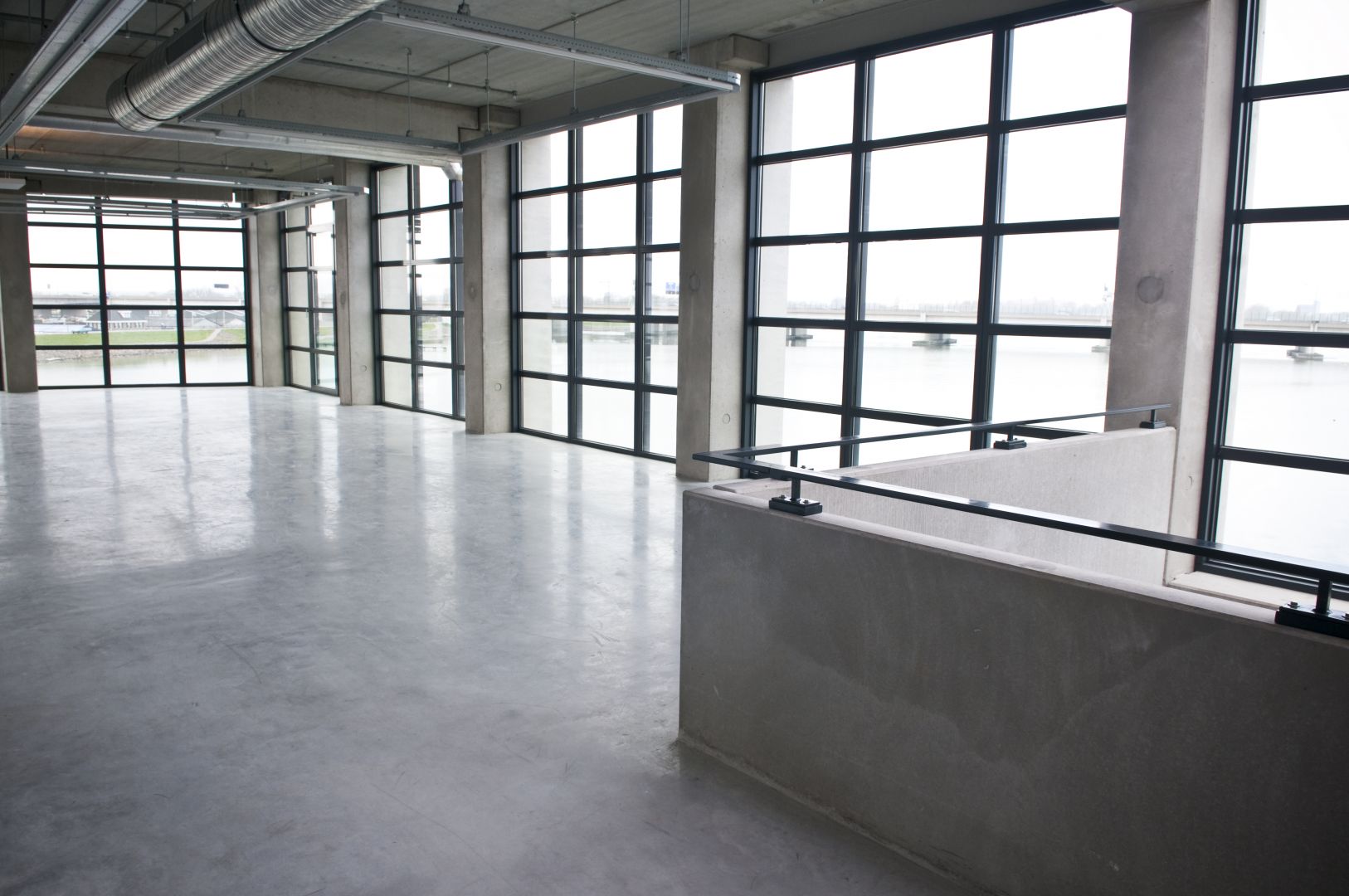What is carbonation of concrete?
The process of carbonation of concrete is when carbon dioxide interacts with the calcium hydroxide in the concrete and forms calcium carbonate. Over time this can reduce the PH levels of the concrete and lead to corrosion within the steel reinforcements. When this occurs the strength levels of the concrete can be reduced.
Carbonation of concrete can occur in any concrete constructions including buildings, roads, bridges, dams, parking structures, marine structures, water treatment centres and industrial facilities.
It occurs for a number of reasons which include the following;
-
Carbonation through moisture
-
Carbon dioxide in the atmosphere
-
Permeability allowing CO2 to penetrate
-
Not enough concrete over the reinforcement
-
Lack of alkalinity in the concrete
-
Cracks in the concrete
-
Temperature and humidity
-
The mix of concrete used
-
The curing process
-
Environmental factors
-
Reinforced steel used
-
Structural damage
Types of carbonation of concrete
There are three types of carbonation in concrete lets have a look at them;
Surface carbonation – Surface carbonation affects the outer layer of the concrete and happens when carbon dioxide found within the atmosphere reacts with the calcium hydroxide and moisture is there. This then forms the calcium carbonate. Surface carbonation means that the surface of the concrete can crack and weather as it is not bonded correctly to the underlying concrete.
Depth carbonation – This is a more gradual carbonation process and is where the PH and alkalinity of the concrete is affected. This carbonation takes place over time and targets the inner layers of concrete making it less durable and strong. The risk of corrosion is higher when depth carbonation occurs.
Pore solution carbonation – This occurs when the pores of the concrete are dissolved by carbon dioxide. It means the concrete will deteriorate and weaken. It will also corrode stell reinforcements within the concrete
So how do we avoid carbonation of concrete?
Here at Allmix we take every measure to avoid carbonation of concrete with our experts we tend to do a very good job of it. Here are some of the ways we avoid carbonation of concrete.
-
Sealing concrete surfaces with a protective coating
-
Using low carbon cement mixes
-
Use a proper curing process
-
Keep carbon dioxide exposure minimum
-
PH levels maintained
-
Use slag or fly ash within the mixtures
-
Cathodic protection for reinforced concrete
-
Corrosion resistant reinforcement materials
-
Use ventilation
-
Control humidity
-
Anti carbonation paints recommended
-
Dense mix with low permeability
If you want to know more or have a concrete requirement contact our experts to ensure a low risk of concrete carbonation mix to be delivered.




